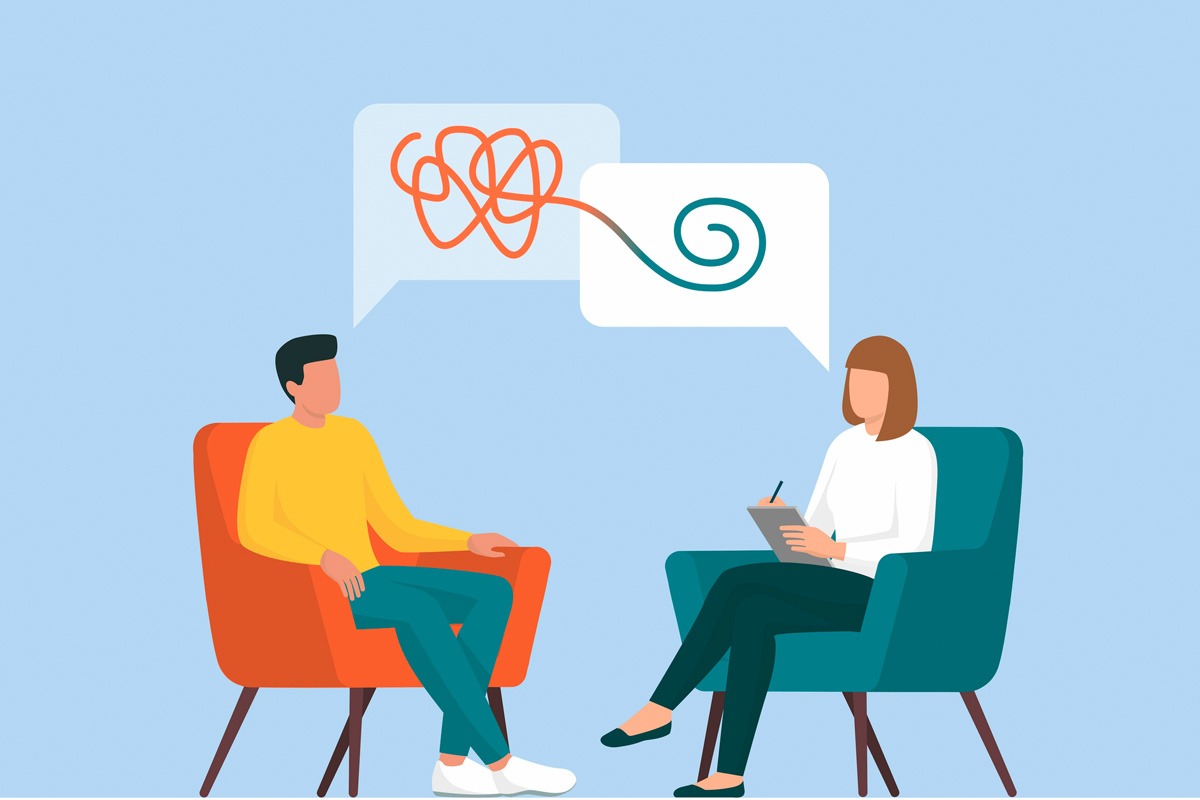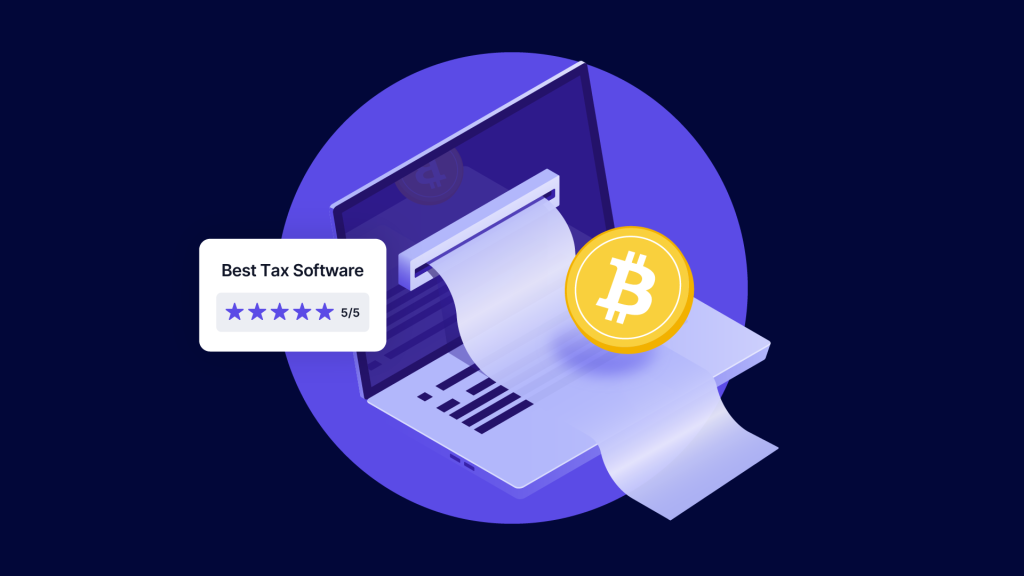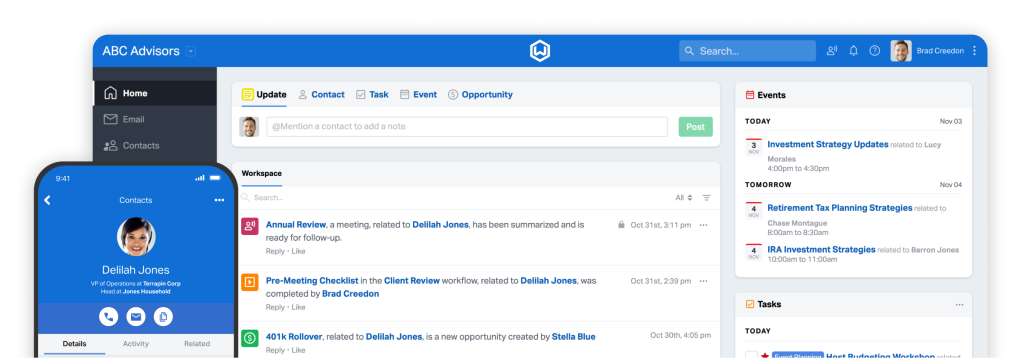Let’s be honest—accounting isn’t exactly a low-stress profession. Tight deadlines, complex regulations, and the pressure of balancing numbers can feel like carrying a backpack full of rocks. And when tax season hits? Forget about it. The mental toll on accounting professionals is real, but here’s the deal: stress doesn’t have to win.
Why Stress Hits Accountants Hard
You know the drill. Long hours, client demands, and the ever-present fear of errors create a perfect storm for burnout. A 2022 study by the American Psychological Association found that 58% of finance professionals reported chronic stress—higher than the national average. And let’s not even talk about the “busy season” crunch.
Common triggers include:
- Workload overwhelm—too many clients, not enough hours
- Perfectionism—the fear of making costly mistakes
- Isolation—long hours alone with spreadsheets
- Regulatory changes—keeping up feels like chasing a moving target
Practical Stress Management Techniques
1. Time Blocking (Your New Best Friend)
Instead of drowning in tasks, chunk your day into focused blocks. For example:
| 9:00–11:00 AM | Deep work (complex reconciliations) |
| 11:00–11:30 AM | Emails/quick client calls |
| 1:00–2:00 PM | Meeting-free zone |
This isn’t just about productivity—it’s about mental clarity. When your brain knows what’s coming, stress levels drop.
2. The 5-Minute Reset
Staring at numbers for hours? Try this:
- Step away from your desk (yes, really).
- Breathe deeply—inhale for 4 counts, hold for 4, exhale for 6.
- Stretch or walk around the office.
It sounds simple, but these micro-breaks prevent the “tunnel vision” fatigue that leads to errors.
3. Set Boundaries (Without Guilt)
Client emails at midnight? Nope. Here’s how to push back:
- Use auto-responders after hours: “Thanks for your message! I’ll review this during business hours.”
- Batch client calls—don’t let them hijack your entire day.
- Say no to unrealistic deadlines (politely, of course).
Mental Health Red Flags to Watch For
Stress becomes dangerous when it’s constant. Watch out for:
- Chronic exhaustion (even after weekends)
- Irritability with colleagues/clients
- Physical symptoms (headaches, insomnia)
- Relying on caffeine or alcohol to cope
If this sounds familiar, it might be time to talk to a professional. Therapy isn’t just for crises—it’s maintenance for your mind.
Building a Support System
You don’t have to go it alone. Try:
- Peer groups—join accounting forums or local meetups
- Mentorship—learn from someone who’s been there
- Team check-ins—even virtual coffee chats help
Funny enough, venting about tax code frustrations with someone who gets it can be weirdly therapeutic.
The Bigger Picture
Here’s the thing—mental health isn’t a checkbox. It’s the foundation that lets you do your job well without sacrificing your well-being. Small changes add up. Maybe today it’s a five-minute walk. Tomorrow, setting one boundary. Slow progress is still progress.




